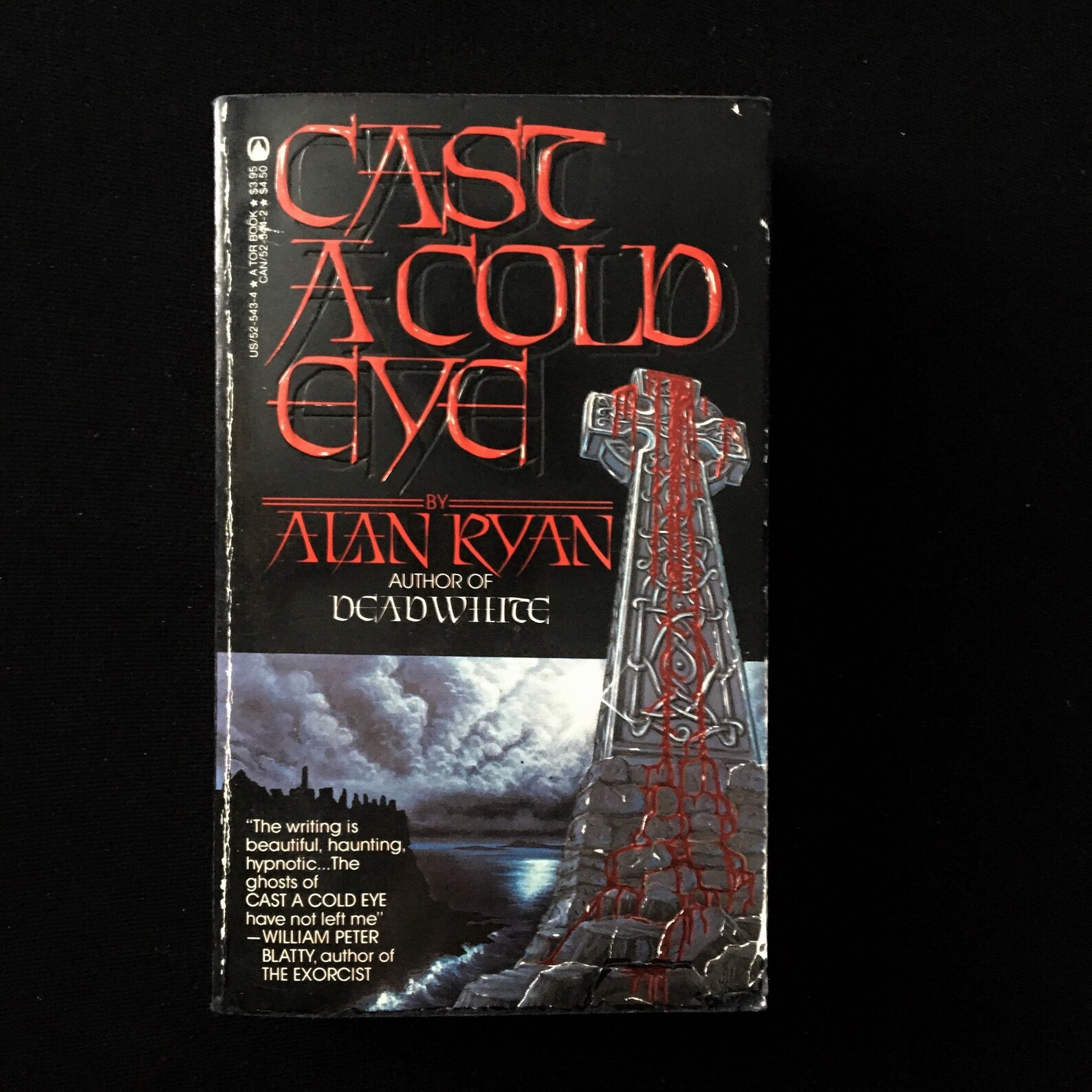

“I am an artist who was raised by an accountant and a businessman,” Sanderson said in a phone interview from his office in American Fork, Utah. He also has a warehouse in Pleasant Grove, Utah, a short drive from his house. To that end, Sanderson has built a company, Dragonsteel Entertainment, which employs 30 people including a marketing director, concept artist, continuity editor and human resources director. Printing thousands of copies of physical books, then storing and distributing them, is expensive and onerous. Someone else has to proofread the manuscript, then proofread it again. Someone has to register the ISBN number and file for copyright. Fundamentally, most authors want to write books, not run a publishing house.īooks require editors, designers and lawyers. In 2019, he said, he was on the road for 111 days.īut self-publishing on the scale Sanderson is proposing is an enormously complicated proposition.

Like many authors of science fiction and fantasy, he has spent a lot of time in conventions and interacting with his audience. He has sold 20 million print, audio and e-books, Sanderson said, including titles such as “Rhythm of War,” an epic fantasy novel about a coalition of humans resisting an enemy invasion. Part of why this project has worked for Sanderson, McLean said, is his unique relationship with his fans. “This is just going to build his profile and continue to drive the backlist sales of all of his books.” “Publishers need authors to be entrepreneurs these days,” said Kristen McLean, the executive director of business development at NPD Books, which tracks book sales. Rather, for the right author, the two paths can coexist and help expand options for readers.

But analysts, and even Sanderson himself, don’t see this kind of self-publishing as a problem for the industry or a desirable choice for most writers. The eye-popping sum raises questions about what is possible for authors with major platforms who are willing to self-publish - and why the vast majority of big names stick with traditional routes to publication. By Thursday, two days into it, he had raised more than $19 million. In 24 hours, he raised $15.4 million, which the fund-raising website Kickstarter said was the single most successful day of any of their campaigns. He blew past the first million in about 35 minutes. His goal: to raise $1 million in 30 days. Brandon Sanderson, a prolific sci-fi and fantasy author, started an online fund-raising campaign this week to self-publish four of the novels he wrote during the pandemic.


 0 kommentar(er)
0 kommentar(er)
